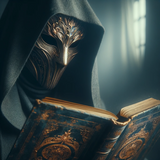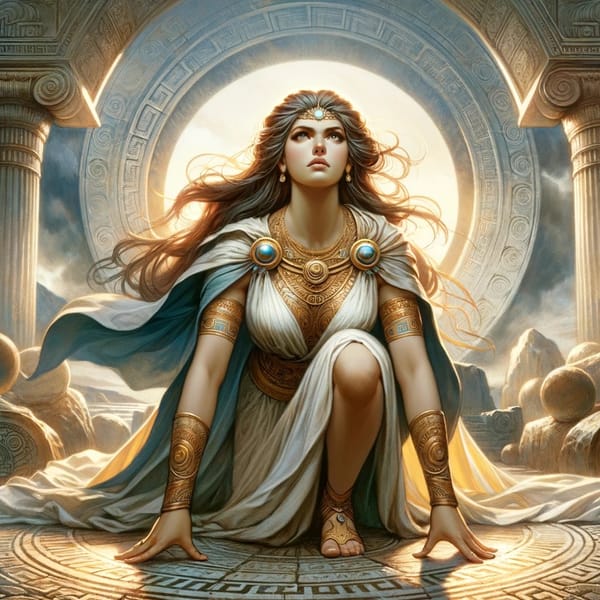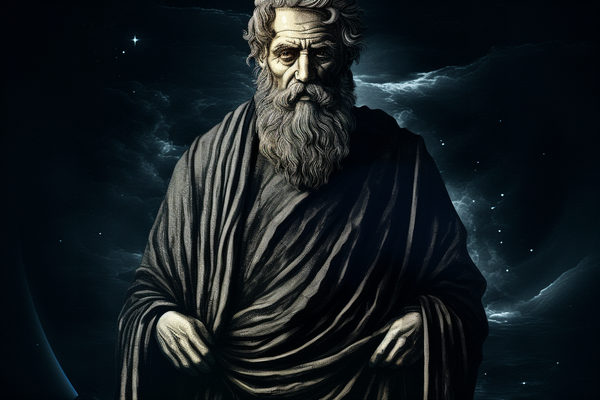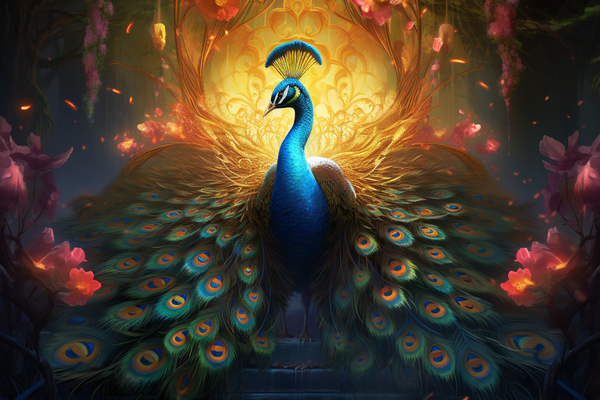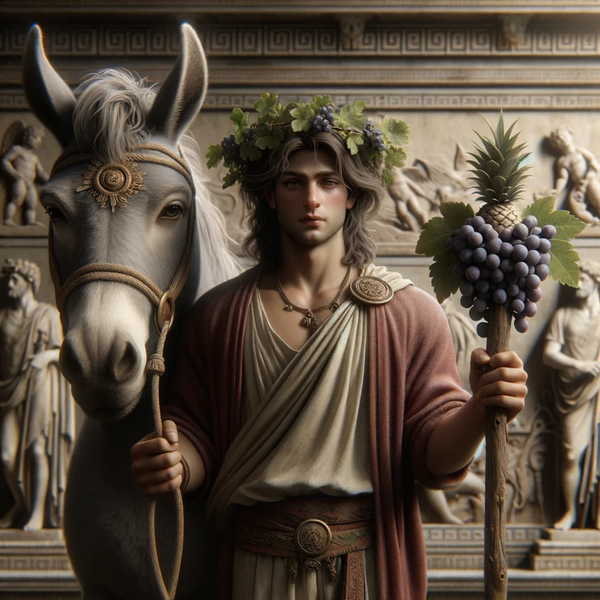Melia: The Nymph of the Ash Tree

In Greek mythology, Melia is one of the Meliae, nymphs associated with ash trees, from which mankind was created. Melia is also the mother of several important mythological figures.
Meliae and the Creation of Man
The Meliae, including Melia, were born from the blood of the castrated sky god Uranus, after his son Cronus overthrew him. As the drops of blood fell onto the earth (Gaia), they gave birth to various beings, including the Meliae, the Erinyes (Furies), and the Gigantes (Giants). In the case of the Meliae, they were nymphs of the ash tree, and it is from these trees that man was created, making Melia indirectly linked to the genesis of mankind.

Family Connections and Offspring
Melia is most notably known for being the consort of the god Apollo, with whom she had several children. Her offspring included Ismenus, god of the river bearing his name in Boeotia, and Tenerus, a prophet who served as a priest at Apollo's oracle at Delphi. Some accounts also credit her with being the mother of Amyclas and Laodocus with Apollo.
In another tradition, Melia is the wife of the river god Inachus and the mother of Phoroneus and Io. Io would later become the mother of Epaphus by Zeus, who in turn was the ancestor of Hercules.
Melia in Art and Literature
Melia's presence in ancient Greek literature is somewhat limited, appearing in works such as Hesiod's "Theogony," which outlines the genealogies of the Greek gods. In visual arts, nymphs such as Melia were often depicted as beautiful young maidens, sometimes associated with the trees they personify.

Cultural and Religious Significance
As a nymph of the ash tree, Melia symbolized the vitality and strength of nature, which ancient Greeks believed was animated by divine forces. Ash trees were particularly important in Greek culture, associated with power and longevity, and used to make spears - the weapon of choice for ancient Greek warriors.
Through her daughter Io, Melia was linked to several prominent Greek and Egyptian figures, thus bridging the mythologies of these two ancient cultures.

